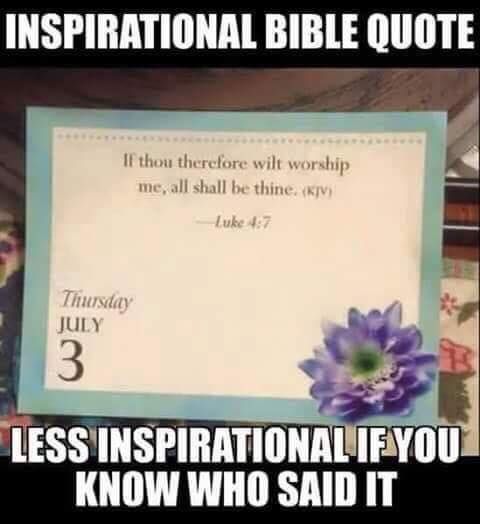“Picking Sides” – Galatians 5:6
October 20, 2020
Galatians 5:6
“For in Christ Jesus neither circumcision nor uncircumcision counts for anything, but only faith working through love.”
Every day society seems to create more and more categories that we use to identify ourselves and we inevitably find ourselves arguing or disagreeing about whose group is better. Democrat or Republican, Mac or PC, Georgia or Georgia Tech. We have grown accustom to two sides disagreeing in 2020, but I don’t think we can truly appreciate the context of the argument between the identifying categories mentioned in these verses. Circumcised or Uncircumcised!? Our world view in 2020 doesn’t really relate as well to that one! Who among us can picture a knock down drag out argument over whether or not a little snip can be the difference between being a Christian or not?
While the argument over circumcision making you a Christian might not be as prevalent today, we have all fallen into the same kind of trap they found themselves in here in these verses. That something we do or don’t do can make us a better or worse Christian. I remember in Sunday school growing up being asked, “who all ready your Bible every day this week.” They would take a count and post it on one of those classic church attendance boards that hung in the sanctuary. I always wanted to be a “good” Christian and be able to raise my hand each week letting everyone know I had read my Bible every day. So, each night through tired eyes and fighting to stay awake, I would read a chapter of the Bible. Had I been required to take a quiz the next day over what I’d read, I most definitely would have failed. But guess what? I got to raise my hand each Sunday proclaiming to everyone in the class that I was a “good” Christian!
In Galatians 5:6, Paul makes it pretty clear what truly matters – Faith. It didn’t matter whether or not the Galatians were circumcised, just like it didn’t matter if I read my Bible every day so I could raise my hand in Sunday school. This can be a hard truth to accept at times. Things like good deeds, worship styles, or faithful church attendance don’t make someone a Christian. All that matters is having “faith working through love.” When we truly accept Christ and put our faith and hope in him we are transformed into a new creation. That transformation isn’t dependent on works like reading my Bible every day. Rather, it is the catalyst for our new life in Christ that makes us want to live and love like Jesus. What are the ”things” or “actions” that you find yourself elevating above faith and living a transformed life? I know I have plenty. And I continuously have to realign myself.
- Are things that you elevate above faith in your Christian walk?
- Ask God for a fresh perspective on your faith.
- Look up the following verses to supplement today’s passage: 1 Corin. 7:16, Galatians 6:15, Galatians 3:28
Highlight – what words or phrases jump out at you?
Explain – what does the passage mean?
Apply – how does the passage intersect with your life today?
Respond – how is God leading you to respond?
A big thanks to Chris Stephens for today’s devotional thought!
“Picking Sides” – Galatians 5:6 Read More »






